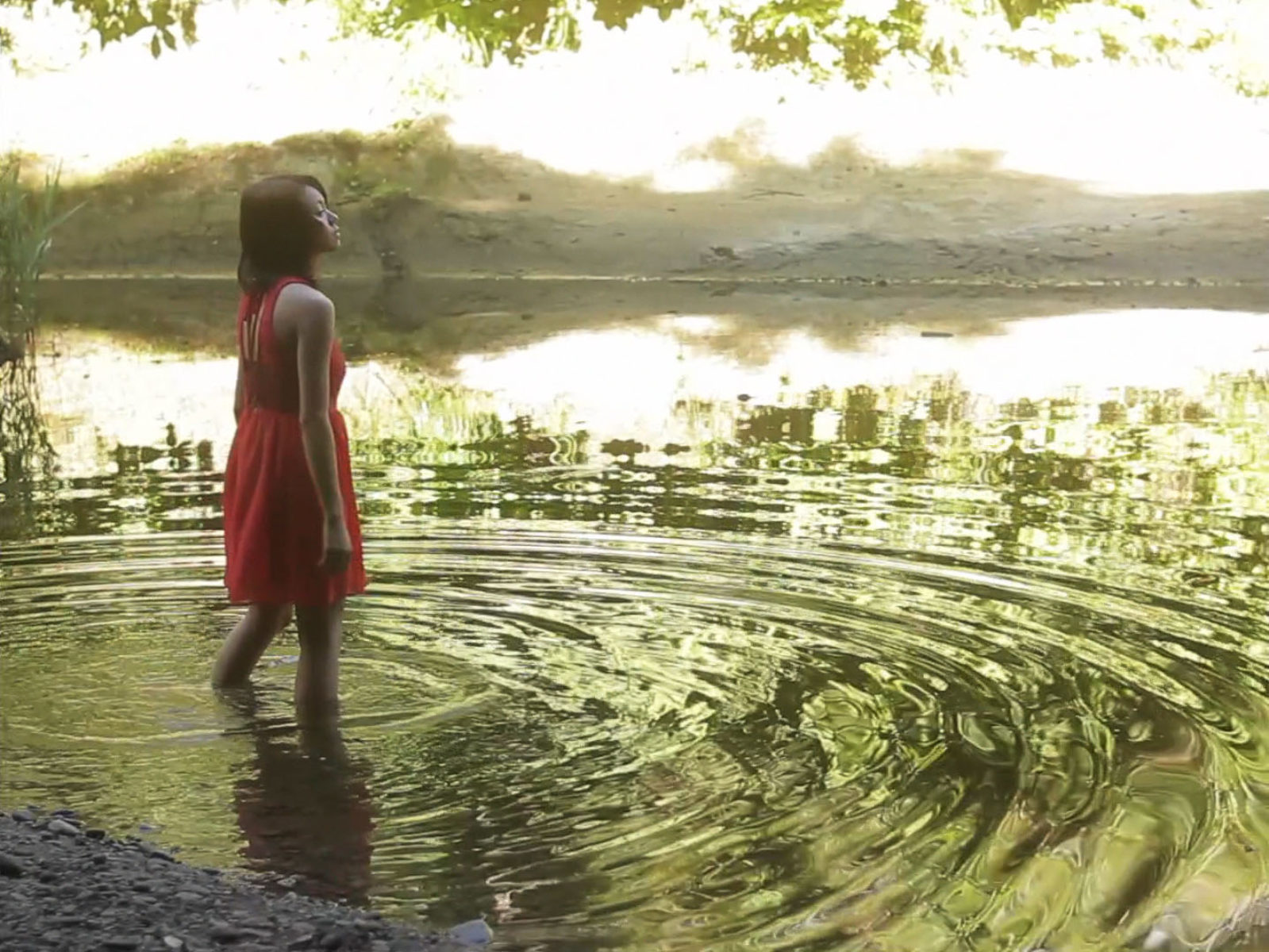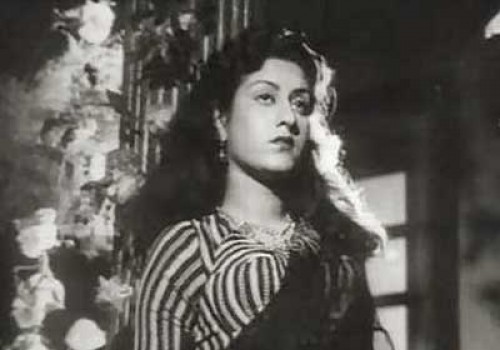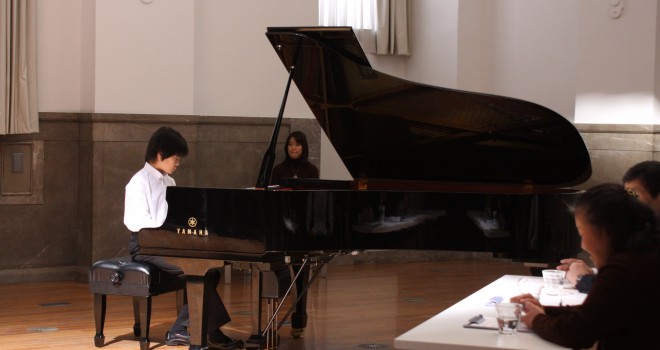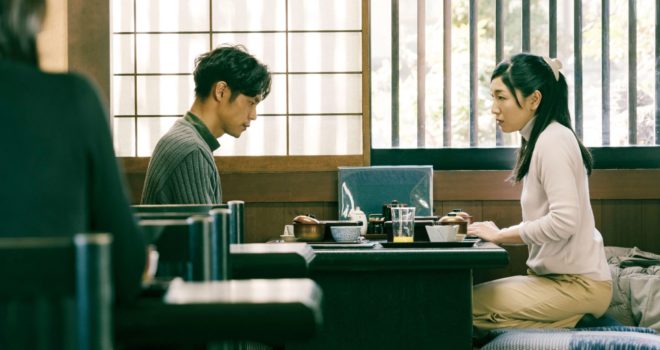This “farewell” begins with a “hello”, an arrival: Mikie has just finished an long ethnographic study in her sister’s empty house in the country, where she has settled in with her niece Sakuko, who is about to go to university. This return to her childhood village gives Mikie the chance to see Ukichi, a former lover and now manager of a love hotel, and her niece the chance to meet Ukichi’s protégé, a Fukushima refugee. A Rohmer-like breath wafts through the light-hearted banter that ensues, filling their discussions with a delicious lightness. At the Japanese seaside, Pauline à la plage meets with A Summer’s Tale: the conversations change in line with swimsuited encounters (Tatsuko, Ukichi’s daughter, is in love with a university lecturer, who is also one of Mikie’s friends). Yet the family neuroses, the gender war or teenage anxiety never cause a clash. Supported by a perfectly directed cast, this summer chronicle celebrates with infectious joy how human relationships alternate between a sometimes brutal frankness and the delicate use of indirectness.
C.G.






